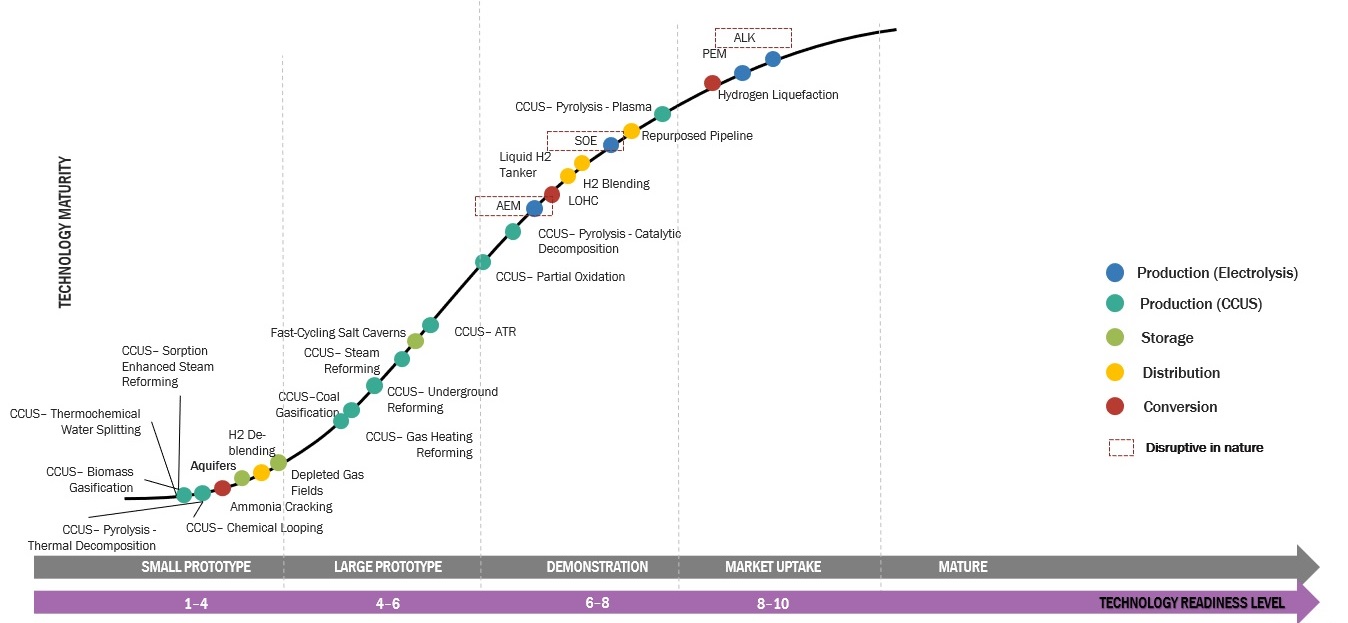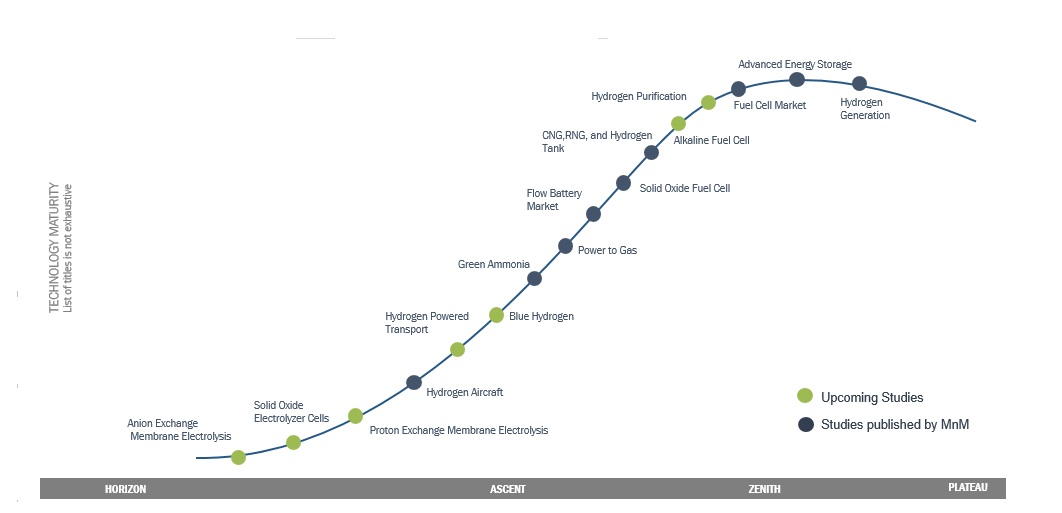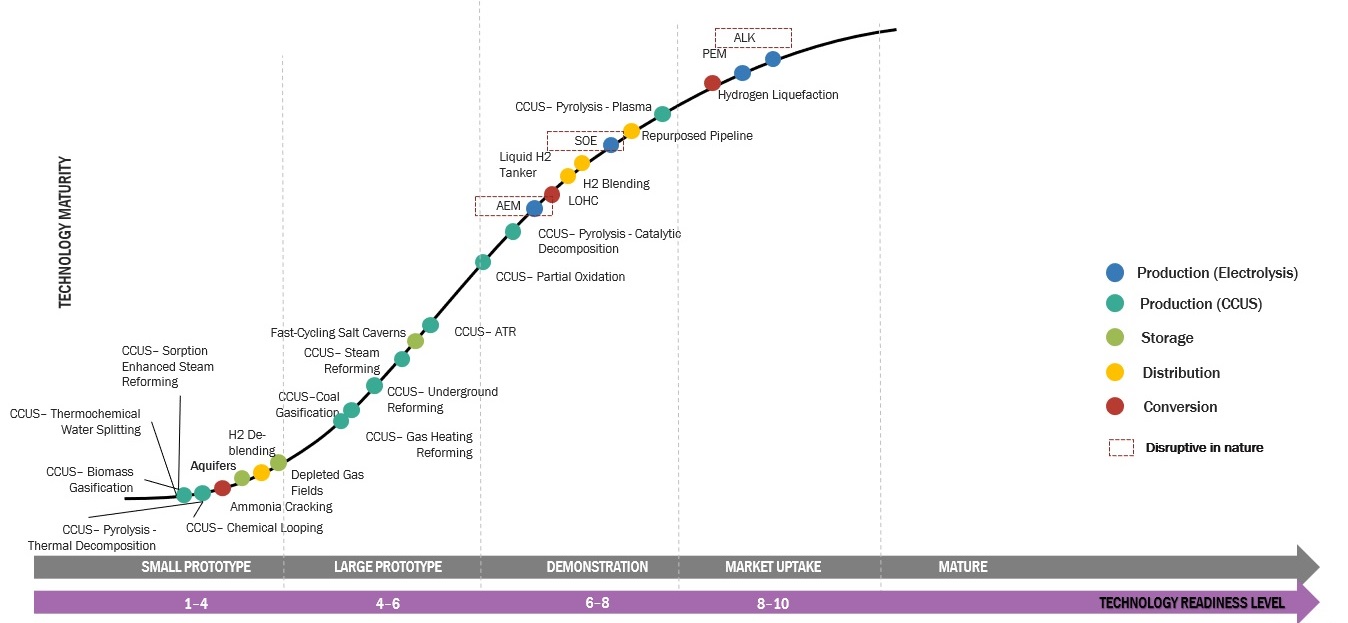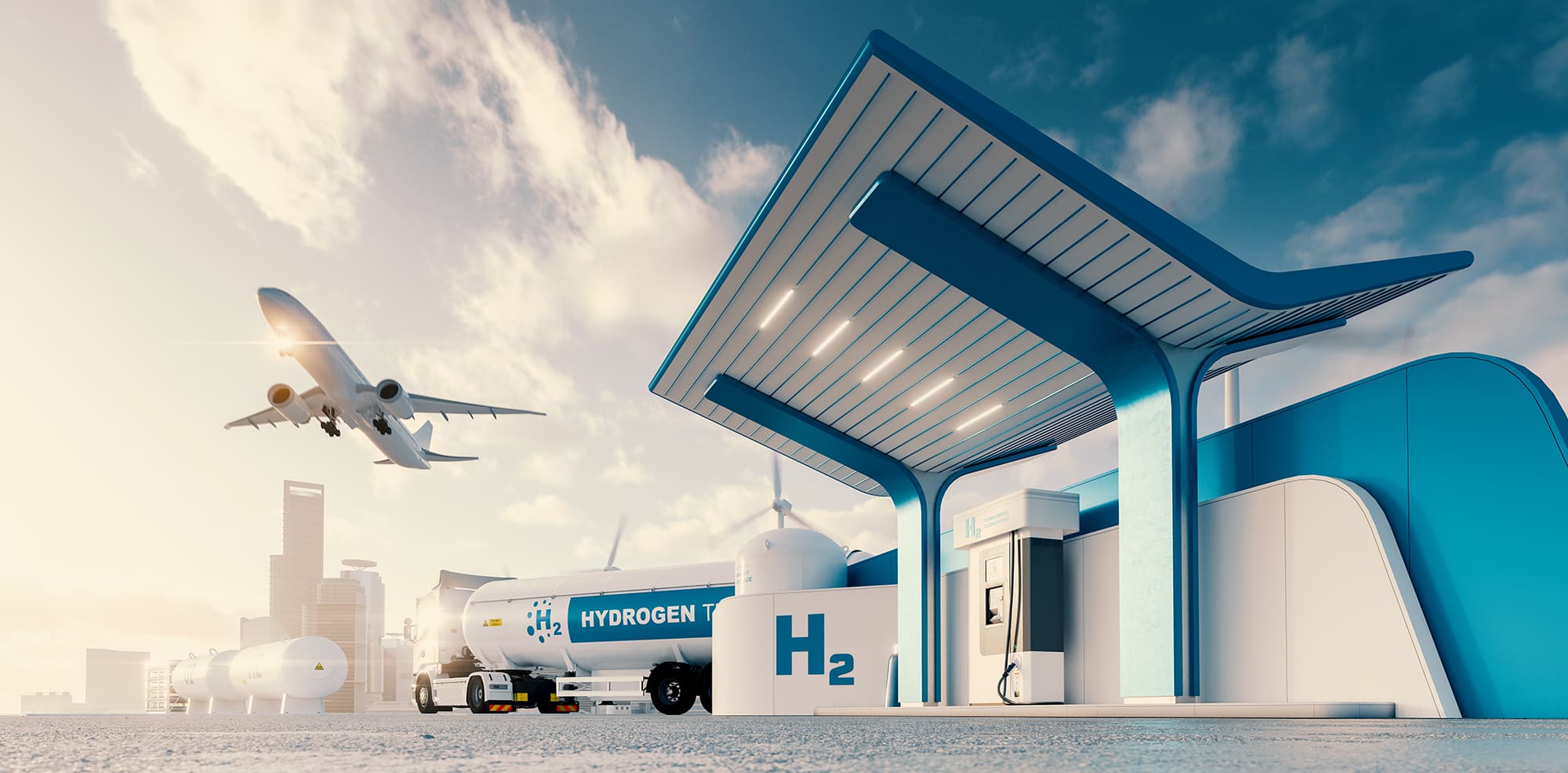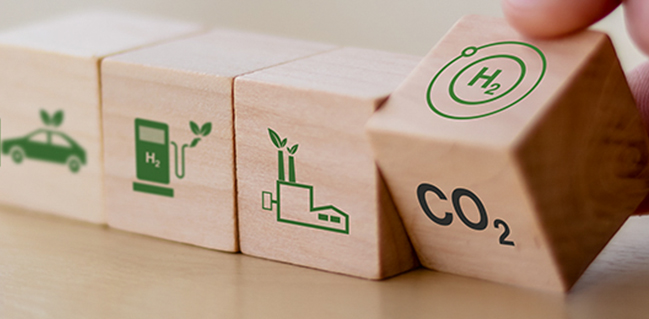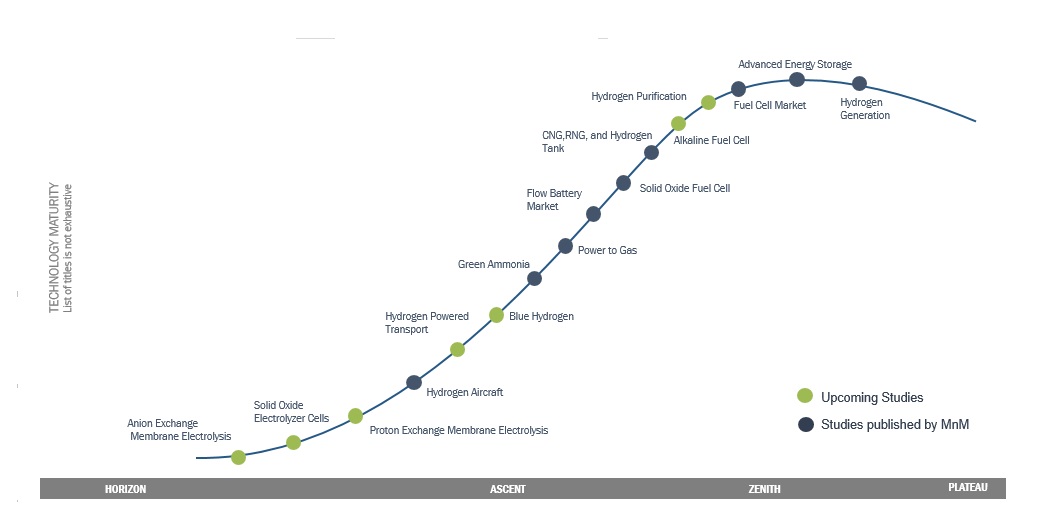Which sectors require hydrogen?
The potential applications of hydrogen in a multitude of industries have led to a great deal of interest in hydrogen as a flexible and eco-friendly energy source. Given its adaptability and clean energy qualities, hydrogen has the potential to be extremely important in a wide range of businesses.


